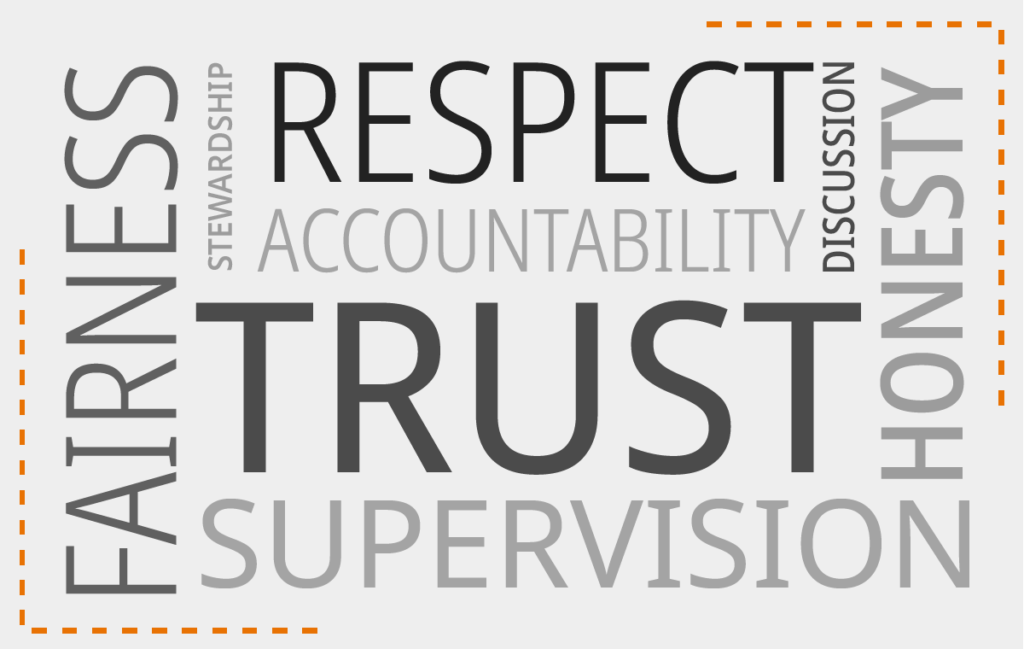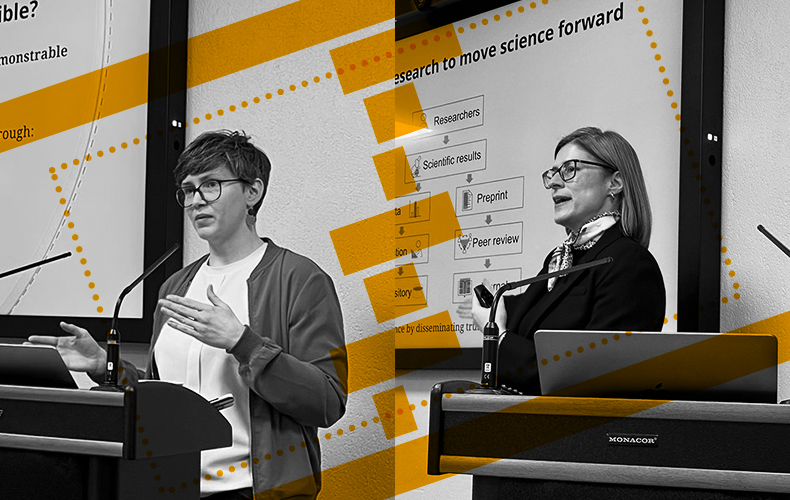30 May 2022 – Scientific research is international. An international conference is therefore an excellent venue to discuss how to promote integrity in scientific research around the world. In this blog, Sandra Bendiscioli, Senior Policy Officer at EMBO, and Erica Wilfong Boxheimer, Data Integrity Analyst at EMBO Press, share their thoughts ahead of their talks at the 7th World Conference on Research Integrity in Cape Town, South Africa.
The EMBO Policy Programme works on research integrity to support scientists and institutions in ensuring that research is carried out responsibly, with integrity, and to the highest standards. We have recently addressed the diverse approaches to the governance of research misconduct across Europe. This diversity leads to inconsistent handling of research misconduct investigations by European institutions and creates problems, especially if researchers move countries or institutions, or are part of international collaborations.
How can we support institutions better? Would a centralized pan-European body for research integrity bring more consistency? What role could it have?
We have engaged an international and interdisciplinary group of experts in exploring options for the establishment of such a pan-European body.
One option could be a body to investigate allegations on behalf of institutions, but with no legal power. This centralized approach would make investigations more consistent, allow expertise to develop, professionalize the handling of cases, and reduce conflicts of interest. It would, however, encounter obstacles, such as institutions’ reluctance to expose their problems for fear of losing their autonomy and of reputational damage, and have only limited access to data due to national data protection laws.
Another option would be a body to advise institutions on how to handle investigations and on policies and measures to prevent misconduct. Such an advisory body would be more acceptable, as it would not interfere with institutions’ autonomy and authority. It could for example host a list of international experts to support institutional investigations.
Whatever a pan-European body for research integrity may look like, the next questions are: where could its funding come from? Which organization could host it? The funding could either be provided by European funders, or it could come from member or user fees. An international scientific organization such as EMBO could take on a role in hosting it, but the remit of EMBO is limited to the life sciences. Other European organizations or funders could lead the establishment of a pan-European body for all disciplines.
We learnt that a centralized body would only be effective if institutions are ready to commit to turn to it for advice. A higher commitment by institutions is therefore the first step to deal with misconduct consistently and preserve the quality of European research. What could be done to achieve this?
At EMBO Press, we have been doing work to support authors who have to correct serious mistakes in their publications proactively. We know that authors, readers, and research institutions still have negative associations with corrigenda and retractions. We think that this is because of the typically binary choice between a correction and a retraction as one reason.
Retraction and correction cases are never straightforward. To reflect the nuance that is often present in data aberration cases, we introduced two new corrective modalities at all EMBO Press journals in 2019 and encourage other publishers to do so as well. Retract and replace allows authors to retract faulty data from their manuscript and replace it with compelling data from the original experimentation (e.g. replicate experiments). Withdrawal is used to distinguish authors who proactively retract their work when they become aware of issues with the data or conclusions of their manuscript. We expect that being transparent about who initiated a retraction-level correction will gradually shift the paradigm in how these corrections are perceived. We do, however, recognize that the change we introduced will become maximally useful only as community standard if more publishers and journals implement an extended corrective taxonomy.
EMBO has contributed to the World Conferences on Research Integrity with presentations as well as financial support since they were established in 2007. We are looking forward to discussing how to safeguard research integrity worldwide at both the conference in Cape Town and on this blog. Please share your ideas and leave comments.



